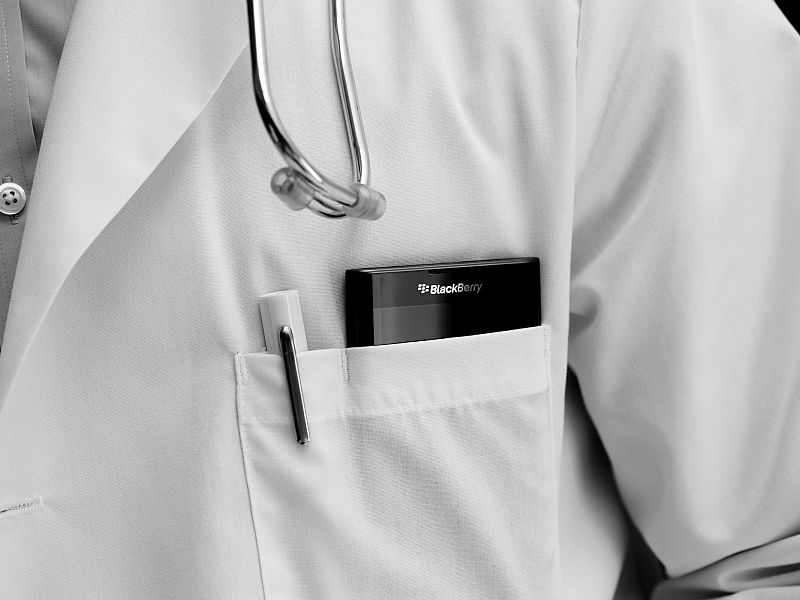BlackBerry Says Seeking Alternatives for WhatsApp Users; Suggests BBM

WhatsApp, the popular instant messaging app owned by Facebook, recently announced it would be ending support for several older mobile OS versions, including BlackBerry 10 OS. However, BlackBerry has now given its official word on the move.
The Canadian smartphone maker in a emailed statement says it is “seeking alternatives for BlackBerry users once support of WhatsApp Messenger for BBOS and BlackBerry 10 ends in late 2016.” In addition, the company said this would not affect Android-based BlackBerry Priv users even after this year. The company also suggested users should check out the company’s own cross-platform BlackBerry Messenger (BBM) client.
“For the most secure messaging platform, consumers can use BlackBerry Messenger (BBM) on BlackBerry OS or BlackBerry 10 and securely communicate and share images and videos with others around the world – even with users on iPhone, Android and Windows Mobile devices.” The company last week also tweeted that, “2/2 @WhatsApp continues on #PRIV. And have you checked out the secure, cross-platform @BBM lately?”
BBM or the BlackBerry Messenger application has since last year brought several user-facing security features to keep their information private and secure. The company in September rolled out screenshot notification within private chats and in December added the option to delete messages from your device only, without others’ knowledge.
This year in January, the messenger app introduced the ability to control notification previews for Android. The company says to look out for such features in coming months. For government and other regulated industries, BlackBerry released several BBM features such as High-priority messages, Teach chats, Delivered and read notification, Restricted copy and paste, and others.
The tech company says, “We’re continuing to add all the features you love in 1:1 chats to multi-person and group chats on Android and iOS, including message retraction and editing.” Besides adding several payment options in BBM last year, the app also brought Sticker Club, ability to view, like and comment on group pictures and more.
[“source-ndtv”]